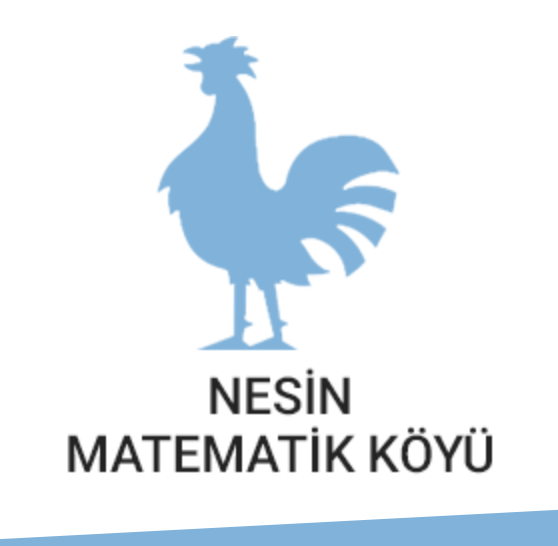20-24 July 2020
Title of the course: Elementary Logic
Instructor: Dr. Ulla Karhumäki
Institution: The University of Manchester
Dates: 20-24 July 2020
Prerequisites: Foundations to pure mathematics (or equivalent year 1 undergraduate course)
Level: Undergraduate
Abstract: By logic I mean either propositional logic (the logic of combining statements) or first-order predicate logic (a logic which can be used for constructing statements). This course is about the former (which is a part of the latter so one must begin with it). One can see propositional logic as expressing the most basic “laws of thought” (which are used not only in mathematics but also in everyday discourse). The first part of the course will be about propositional languages; we will study propositional terms, truth valuations, Beth trees, normal forms and (if time allows) adequate sets of connectives.
Given a propositional term, one may test whether or not it is a tautology by, for example, constructing a truth table. This is regarded as a “semantic” test because it is recursive in the sense that one has a procedure which, after a finite amount of time, is guaranteed to tell us whether or not the term is a tautology. In the case of predicate logic, it turns out that there is no corresponding algorithm for determining whether or not a sentence is a tautology. The best one can do is to produce a method of “generating” all tautologies. Such a method of generating consequences is a propositional or a predicate calculus.
In the second part of the course we will describe two propositional calculi. Note that, while for classical propositional logic no such calculus is necessary (because we have methods such as truth tables or Beth trees), these calculi will serve as models of calculi for logics where there is no analogue of the recursive methods. The calculi that we will see are considerably simpler than those for predicate logic but the main concepts and issues such as (in)consistency, soundness, completeness and compactness all are present already in this simpler context, which therefore provides a good opportunity to understand these fundamental issues.
Language: English

